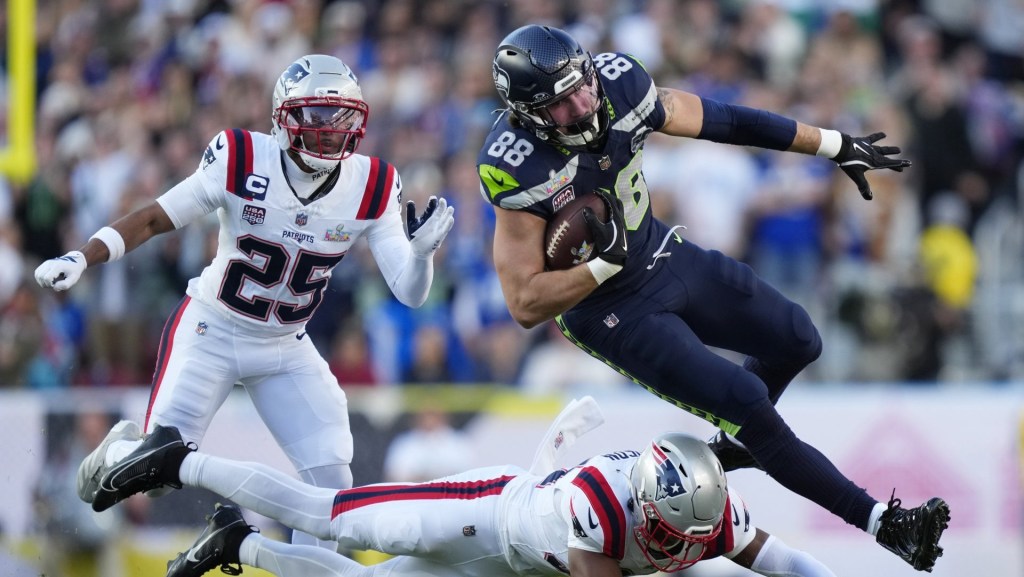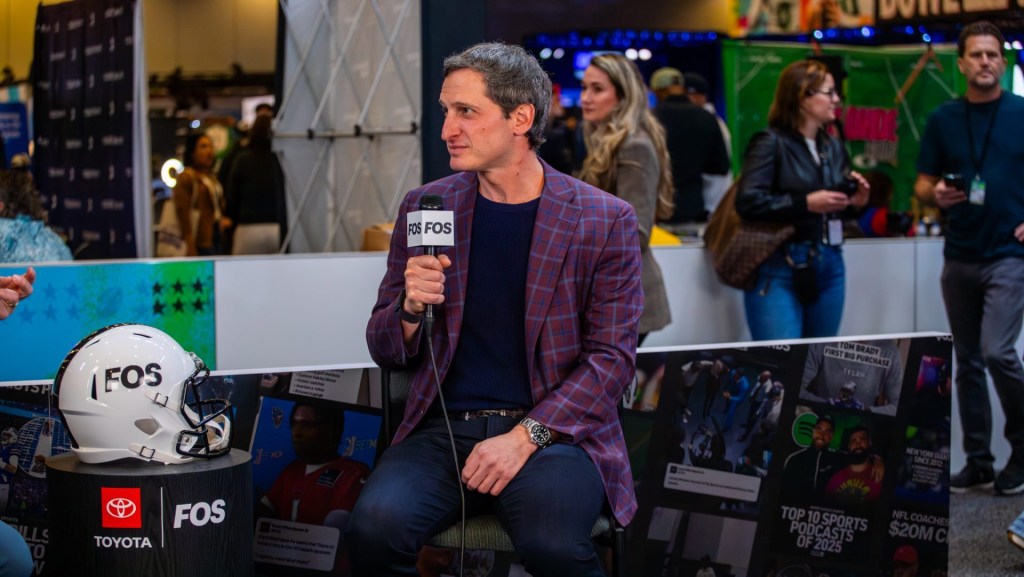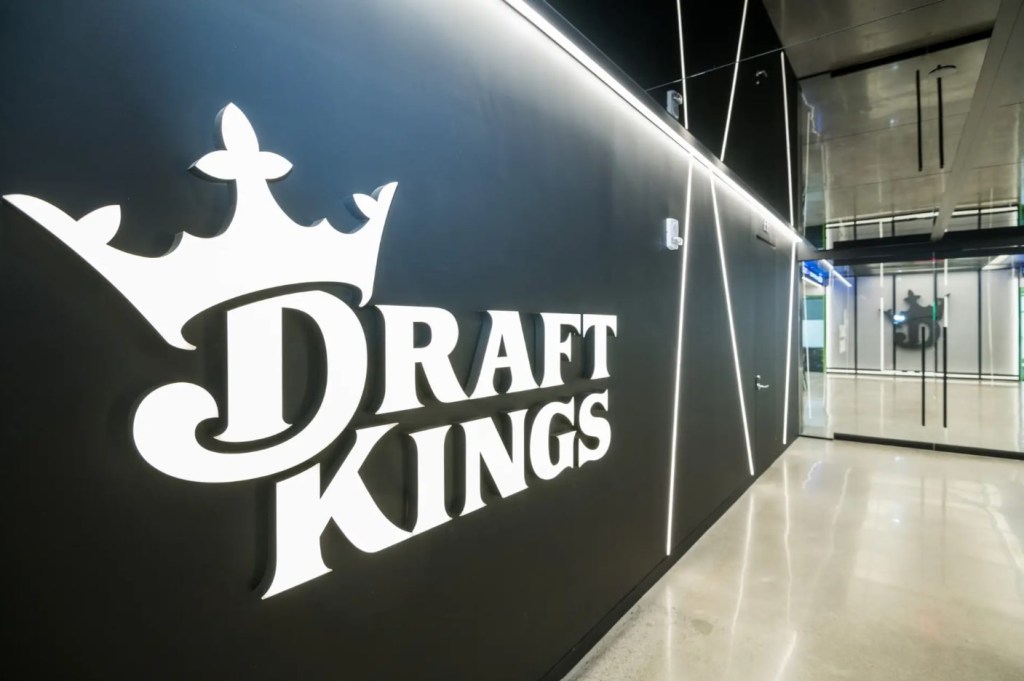The reported investigation into free agent Malik Beasley over gambling-related allegations represents at least the third NBA player caught up in a sports betting scandal in the last year-and-a-half, highlighting the challenge that comes with the league’s growing ties to sports betting.
Beasley, 28 and coming off one of his best seasons (16 points per game and almost 42% from three), is reportedly under investigation by the U.S. District Attorney’s Office for the Eastern District of New York. The investigation, first reported by ESPN on Sunday, reportedly centers on bets on NBA games from the 2023–24 season, when Beasley was with the Bucks, and “prop” bets—which are wagers not tied to the outcome of a game, but instead something else, such as how many rebounds a player will have in a given game.
NBA spokesman Mike Bass told Front Office Sports in an emailed statement that the league is “cooperating with the federal prosecutors’ investigation.” A representative for the U.S. District Attorney’s Office declined to comment, and Beasley’s attorney did not immediately respond to a request for comment.
It remains to be seen what will happen with Beasley, who at this point has not been charged with a crime. He played for the Pistons last season and was reportedly in talks about a new three-year, $42 million contract, although those discussions have reportedly been paused amid the probe.
Beasley is the third NBA player to face gambling-related accusations in under two years. In January, it came out that Terry Rozier was reportedly under investigation for alleged point shaving related to games when he was with the Hornets. Rozier, currently under contract with the Heat for one more season, has also not been charged with a crime or penalized by the NBA.
Beasley and Rozier are both far more well known for their on the court abilities than the third player who has had gambling-related issues, Jontay Porter. Porter, younger brother of Nets forward Michael Porter Jr., is the only one of the trio who has faced consequences to date. He was banned from the NBA for life last April for violating NBA rules by giving injury information to gamblers, betting on NBA games himself, and manipulating his own playing availability for betting purposes. In July 2024, Porter pled guilty to a federal charge for his role in the scheme and admitted he took himself out of games to make sure certain bets would hit, because he was in gambling debt to others who have also been accused of sports betting-related crimes.
It’s a troubling trend for the league, which has been trying to walk the fine line between protecting the integrity of the game and pushing into the world of sports betting—including through formal partnerships with betting giants like FanDuel and DraftKings— since the 2018 U.S. Supreme Court decision striking down the Professional and Amateur Sports Protection Act (PASPA), which had effectively prohibited sports betting outside Nevada and a handful of states with sports lotteries.
The NBA is not the only league that has grappled with this issue since the Supreme Court ruling. In 2023, five NFL players were suspended for violating the league’s gambling policy. Before that, Falcons wide receiver Calvin Ridley was suspended for the entire 2022 season after being caught betting on games.
In October 2023, the NHL suspended Senators player Shane Pinto for about half the season due to violations of the league’s sports betting rules.
It isn’t just pro sports, either. In 2023, several current and former Iowa and Iowa State athletes, including quarterback Hunter Dekkers, pled guilty to underage gambling charges as part of a wider state probe.
All the major U.S. pro sports leagues prohibit players from betting on their own league’s games, and some also restrict betting on other sports. While the specific rules vary, the core principle exists across all the leagues: protecting the integrity of the game and avoiding the appearance of conflicts of interest. The NCAA’s rules are even more strict. Players are completely barred from sports betting.
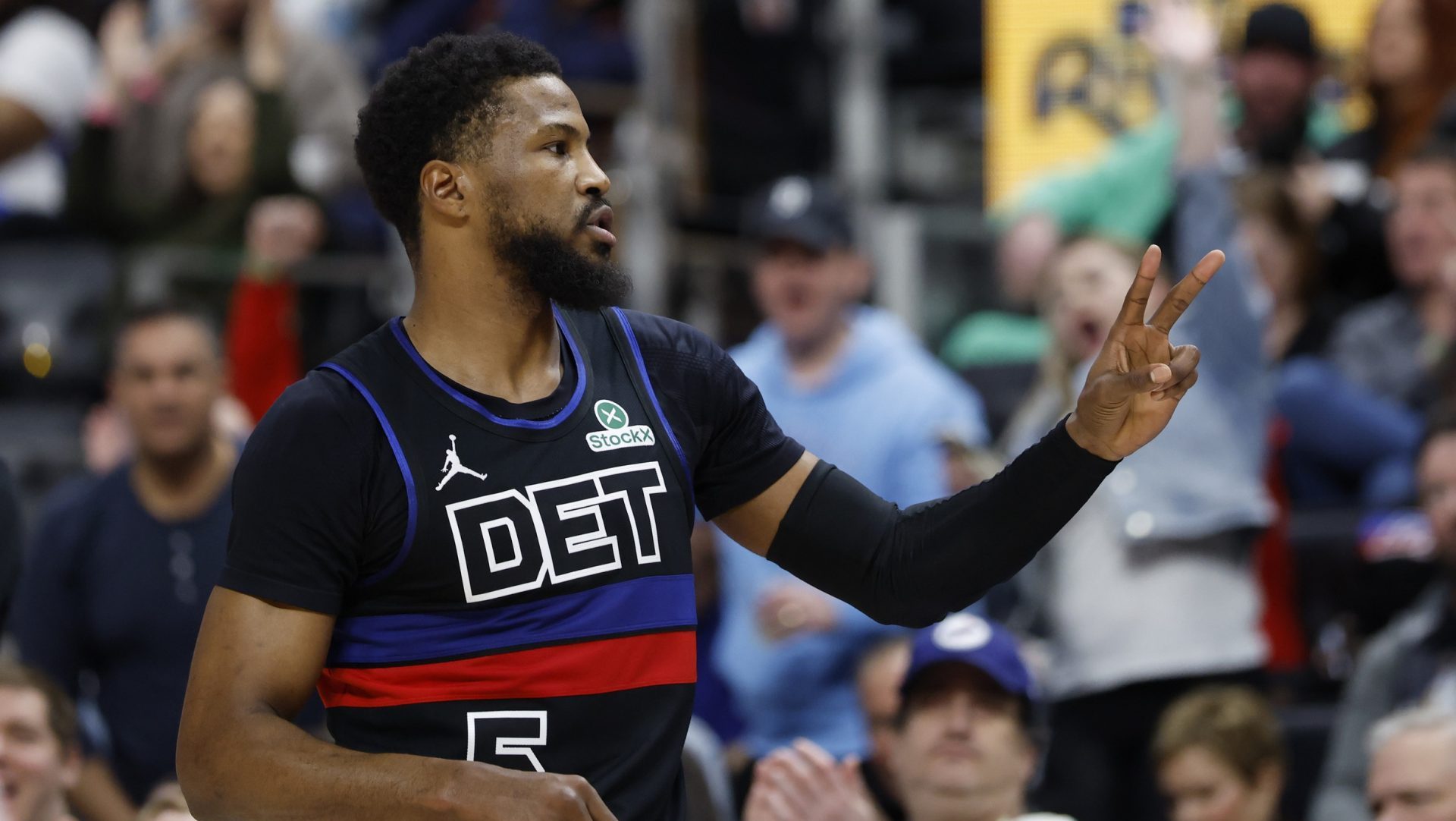


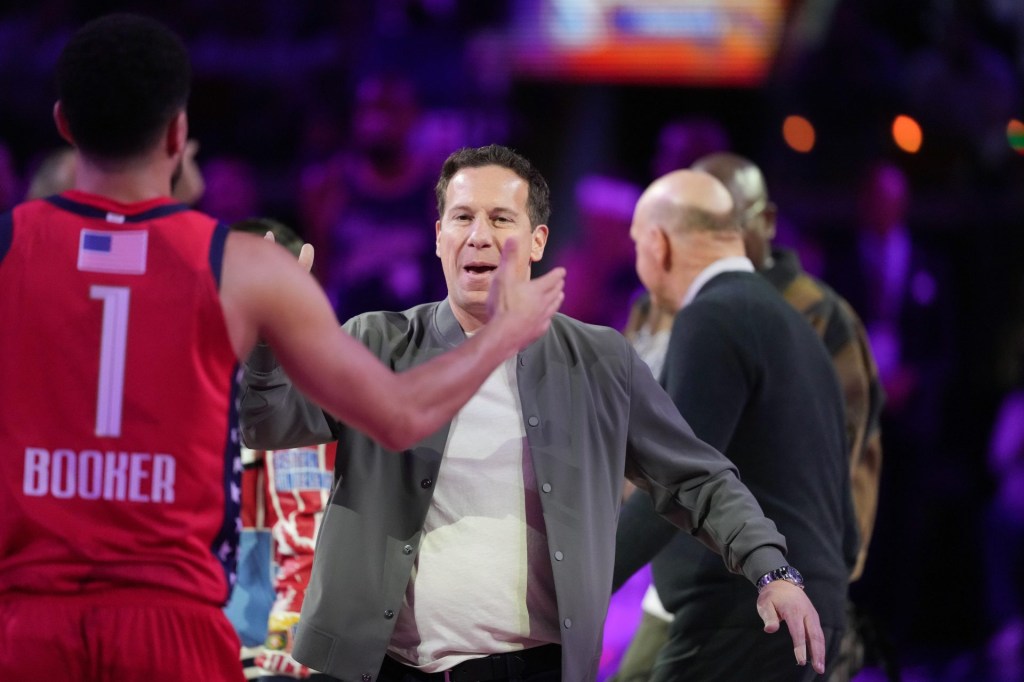
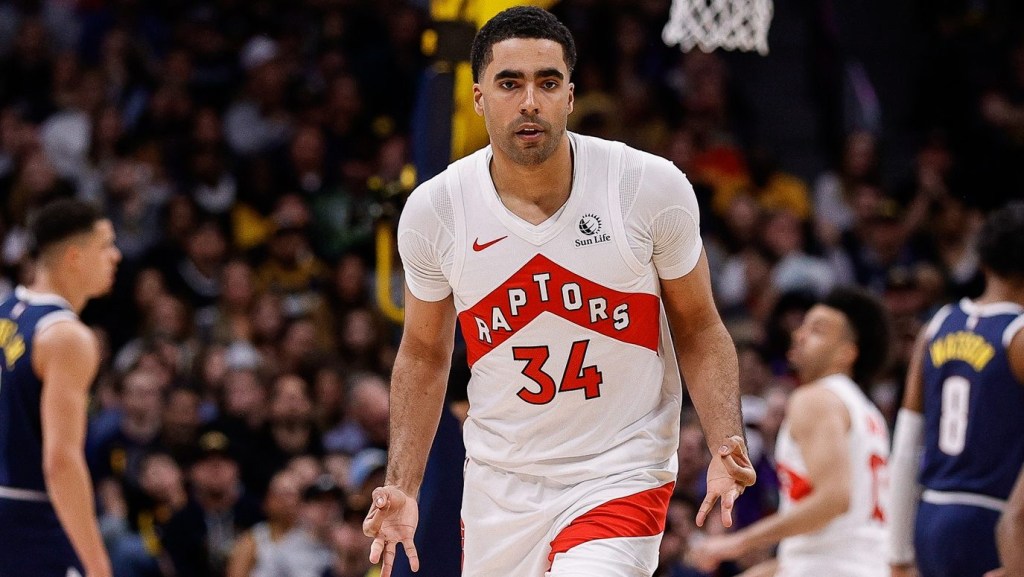
![[Subscription Customers Only] Jun 15, 2025; Seattle, Washington, USA; Botafogo owner John Textor inside the stadium before the match during a group stage match of the 2025 FIFA Club World Cup at Lumen Field.](https://frontofficesports.com/wp-content/uploads/2026/02/USATSI_26465842_168416386_lowres-scaled.jpg?quality=100&w=1024)
![[Subscription Customers Only] Jul 13, 2025; East Rutherford, New Jersey, USA; Chelsea FC midfielder Cole Palmer (10) celebrates winning the final of the 2025 FIFA Club World Cup at MetLife Stadium](https://frontofficesports.com/wp-content/uploads/2026/02/USATSI_26636703-scaled-e1770932227605.jpg?quality=100&w=1024)


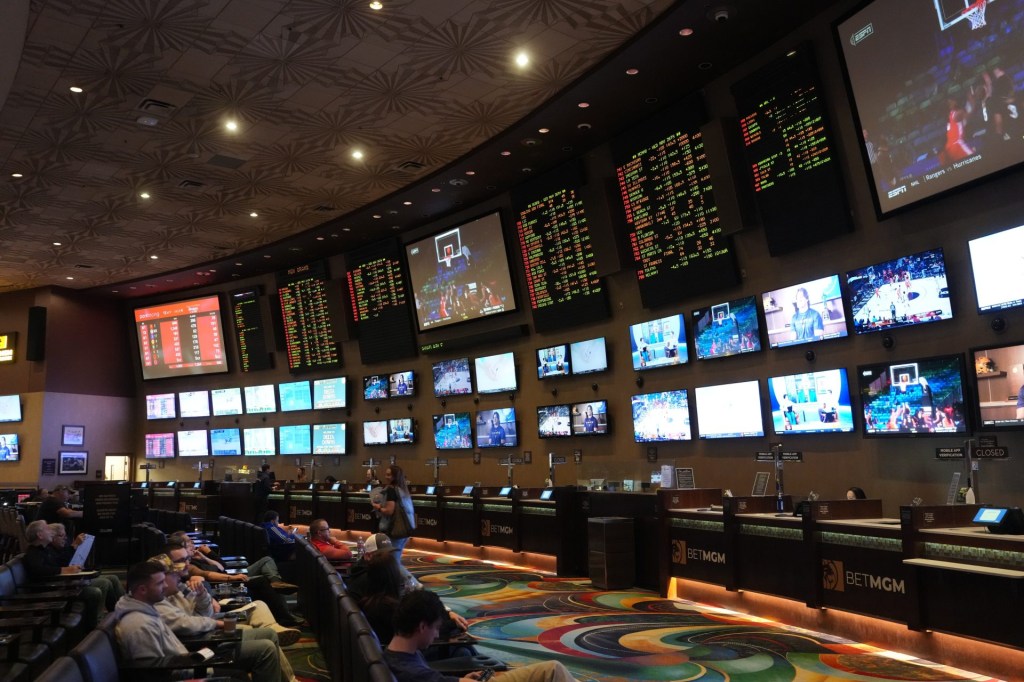

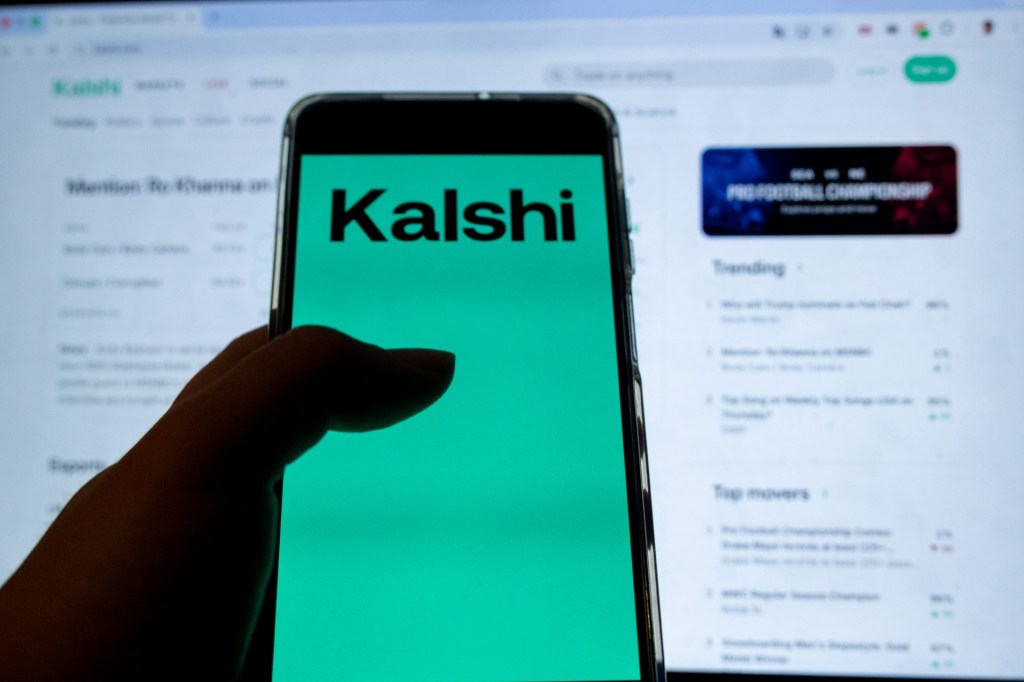

![ESPN Bet broadcasts inside the PGA Tour Studios building in Ponte Vedra Beach, Florida, on March 14, 2025. [Clayton Freeman/Florida Times-Union]](https://frontofficesports.com/wp-content/uploads/2026/02/USATSI_25668497_168416386_lowres-1-scaled.jpg?quality=100&w=1024)
